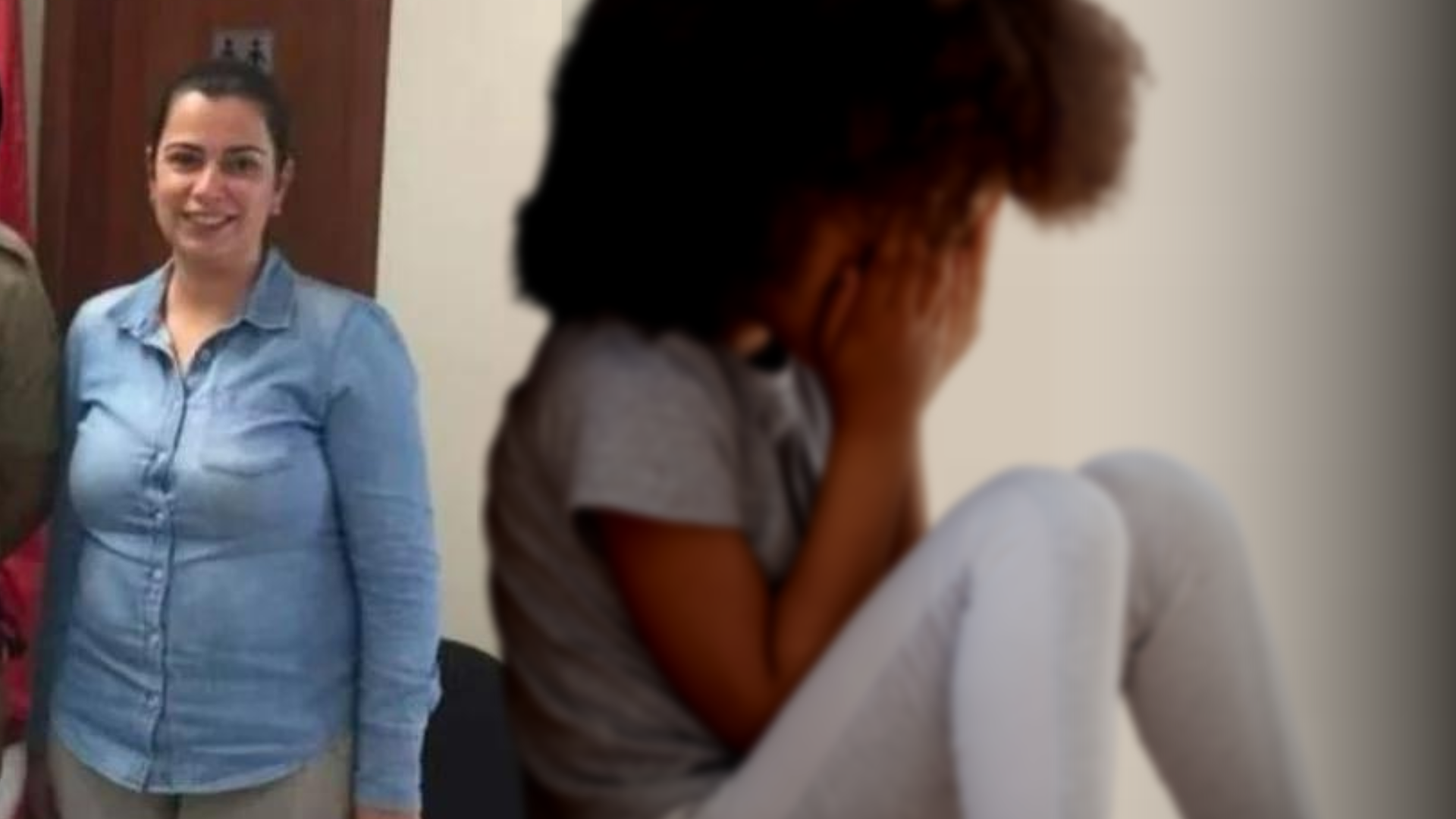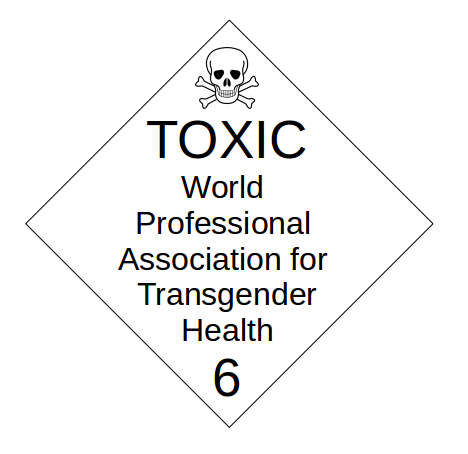Brazillian DA Accused of Targetting Black Child Rape Victims Across Decade of Cases
A social worker who spoke to 4W has evidence of disturbing cases handled by Mirela Dutra Alberton dating back to 2012

A former Brazilian social worker claims to have evidence that a district attorney in Santa Catarina, Mirela Dutra Alberton, was involved in “racist conduct” against a child sexual abuse victim in 2012. Alberton made recent headlines in Brazil when, together with a judge, she sent a 10-year-old black girl to a shelter in May 2022 to prevent her from having an abortion.
According to the social worker, Tony (pseudonym), Alberton and other civil servants allegedly target vulnerable women and girls, especially those who are black.
Tony wrote on Instagram in a now-deleted post that he and his team came across the case of a young black girl in the state of Santa Catarina in 2012. According to Tony, the girl was brought at the age of 13 from Bahia, one of the poorest Brazilian states, by a 26-year-old man from an influential family. Soon after, she became pregnant and was abandoned by the man. After that, the girl was taken by another man who was sexually exploited her.
When the girl was 16-years-old and her son was two, a social worker and a therapist produced a report mentioning the mother’s sexual exploitation and deeming her as having a “psychopathological and inappropriate behavior.” The report was sent to Alberton, recommending removing the child from his mother and placing him with the man who fathered the boy, claiming that it was to “protect the child.”
According to Tony, he and several other professionals, including social workers and therapists attending the girl and her 12 year old sister, started questioning the validity of the report and the recommendation sent to the district attorney to remove the child from her mother.
“The mother of the girl was never contacted about the matter,” he said to 4W. The 16-year-old spent months away from her son, having temporarily lost guardianship, and after intense fighting, the mother was reunited with her child.
The social worker says that he and many of his colleagues denounced the case to the regulating boards on the basis of racism. However, none of the boards investigated the situation, and all of his colleagues who denounced the case and were not civil servants at the time have been subsequently fired from their jobs.
“There are at least three other cases that we have denounced, where mothers lost guardianship of their children, especially black women and girls, if their cases were being dealt with by Mirela,” says Tony.
DA Alberton Facing Backlash After Trying to Prevent 10-year-old Rape Victim From Having Abortion
Tony’s account of the events in 2012 raised alarms among many Brazilian activists, in face of the recent case of an 11-year-old girl who got pregnant after rape. The Intercept and Portal Catarinas broke the story about the girl’s ordeal in June, 2022, reporting that Alberton and a judge can be seen on footage of a court hearing trying to convince the girl, then ten-years-old, to carry the pregnancy to term and give the baby for adoption.
The video shows the judge, Joana Ribeiro Zimmer, asking the girl, “Would you manage to wait a bit more?”, while Alberton tells the girl to think about “keeping the baby for one or two weeks” instead of “killing the baby and watching him agonize in pain until he dies.” The ten year old girl is seen in the footage expressing her wish to terminate the pregnancy, supported by her mother.
The judge then asks the girl if she wants to see the baby being born, and if she wants to choose a name for the baby as a “special birthday request” when she turned 11. To her mother, the judge said that “there is a lot of technology today which could guarantee the survival of the baby” in a few weeks time, and that there are “30k couples waiting for a baby to adopt.” Zimmer also tells the mother that her “sadness today is the happiness of an [infertile] couple.”
The judge also said in the hearing that if she allowed an abortion, that would have been “euthanasia” because Brazilian law only allows abortions until 20 weeks. The pregnant girl, who was 22 weeks pregnant at the time, was then sent to a shelter “to prevent her from doing anything that would kill the baby.” Brazil’s strict abortions laws, however, allow an abortion after rape to be performed “at any stage of a pregnancy.”
After intense public outrage, the girl was allowed to leave the shelter and have an abortion.
“Public agents (civil servants) whose work is to defend children’s best interests should be struck off after such behavior, in relation to the severe consequences against a child,” said psychologist Nay Macedo, who spoke to 4W.
“The physical and psychological damages done to this child and her mother by the Brazilian State might be incalculable at the moment… To watch two civil servants asking a raped girl to ‘act’ as a kind of ‘incubator’ of the possible happiness for a couple waiting for adoption, at the cost of her physical and emotional integrity, including her own life, is shocking.”
Macedo added that, in Brazil, there’s a “historical culture centered around the best interest of the adults, which includes alarming statistics about adoptions, children’s sexual exploitation, infant trafficking, child marriage, child labour, pedophilia and state violence against women who report fathers for sexual violence against their children.”
Brazil’s History as a Hub for Infant Trafficking
Alberton’s actions are especially disturbing in the context of Brazil’s decades-long reputation as a global center for infant trafficking.
During the 1980s and 1990s, the three Brazilian southern states — Rio Grande do Sul, Santa Catarina, and Parana — were known as an international infant trafficking hub, according to JusBrasil, a major legal publication. Brazil became known at the time as an “Infants/Children’s Exporter.”
“There was a whole army of nurses, doctors, midwives, civil servants from the court system and immigration, drivers and children’s buyers on their payroll,” the article says.
The apparato would include an “elegant” house in the countryside, where American or European parents could come and spend a day with newborns to choose the children they would like to adopt, brought to the house from several locations. At the time, the slums in the largest German communities in Brazil were visited by women pretending to be social workers, who looked for pregnant women to convince them to give away their babies for adoption. It is estimated that nearly 20 thousand children were adopted in the scheme.
“Brazil has a children’s exportation billionaire market for illegal adoptions, sexual exploitation, slavery and organs traffic,” said Macedo. “White babies for adoption, black and brown babies for sexual exploitation and organ’s traffic.”
“After strict rules were implemented, the trafficking is not as overt as it was before, but it never ended,” Macedo said.
Only when we know about the violence women and girls face are we able to make a difference. Help us expose male violence by becoming a monthly donor! The generous support of our readers helps to pay our all-female staff and writers.
Enter your email below to sign in or become a 4W member and join the conversation.
(Already did this? Try refreshing the page!)




Comments